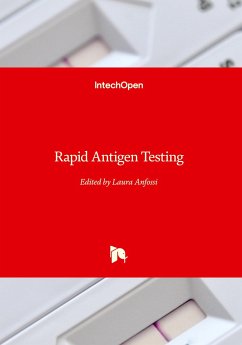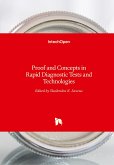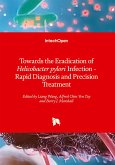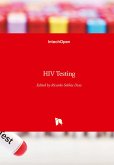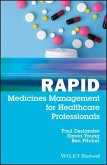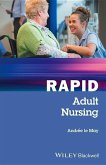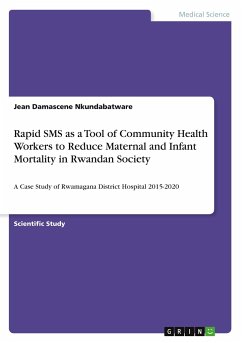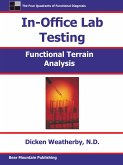Rapid antigen tests became popular during the COVID-19 pandemic as affordable diagnostic tools to help control the spread of infection, thanks to their cost-effectiveness and simplicity of use. These features enabled their widespread employment at point-of-care, even in those countries where access to care is still limited. The advantages of this diagnostic approach have been demonstrated in practical applications and have envisaged their utilization in other diagnostic fields in which access to prevention is beneficial, such as in the fight against neglected diseases and cancer. As such, the need to further improve the performance of rapid antigen assays is urgent. At the same time, the replacement of natural bioligands with synthetic ones to increase sustainability is likely to support the future development of the technique. The boundaries of applications of rapid antigen tests are still expanding towards several fields, beyond clinical diagnostics to food safety, forensics, and veterinary testing. This book provides a comprehensive overview of rapid antigen testing, discussing both its benefits and limitations.
Hinweis: Dieser Artikel kann nur an eine deutsche Lieferadresse ausgeliefert werden.
Hinweis: Dieser Artikel kann nur an eine deutsche Lieferadresse ausgeliefert werden.

